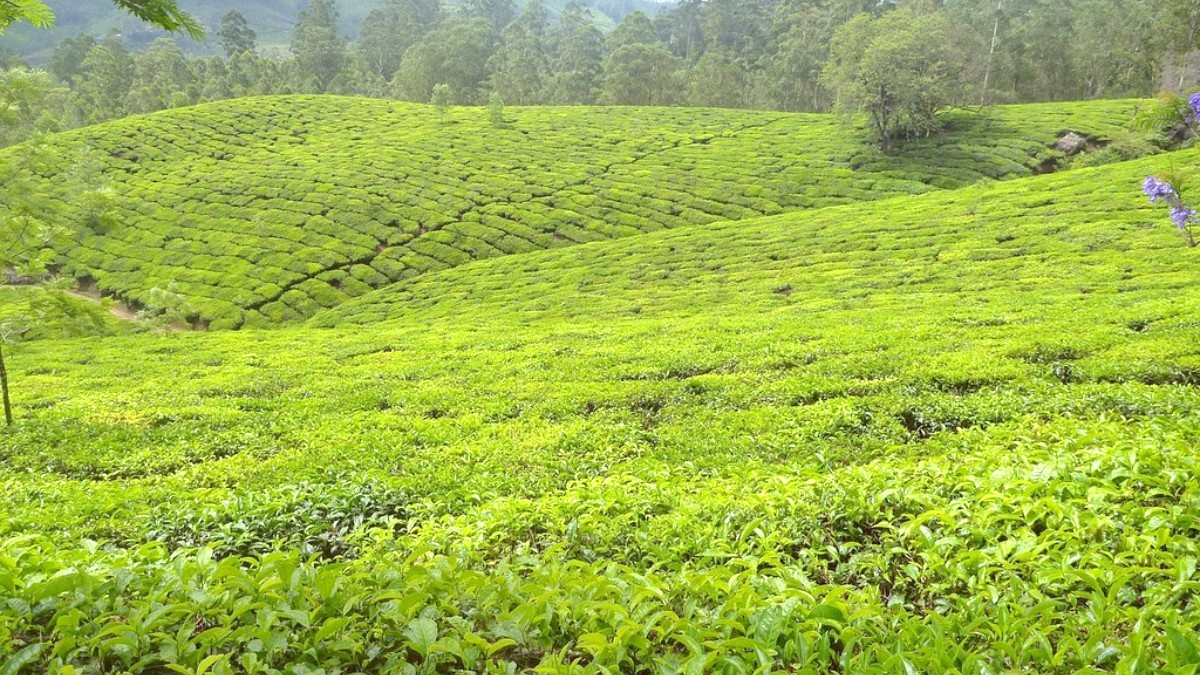
Northeast States, India
E-Visa: The most convenient option for tourists from over 150 eligible countries (USA, UK, Canada, Australia, most European nations). Apply online through the official Indian government website at least 4 days before travel, up to 120 days in advance. E-visas usually last 30 days, 1 year, or 5 years, allowing single or multiple entries. Select 'e-Tourist Visa'.
Regular Visa: If your nationality is not e-Visa eligible, or for longer stays/specific purposes (business, student, research), apply for a regular visa. This process requires submitting an application through Indian embassies or consulates in your home country. This typically involves an in-person visit for document submission and biometric data collection; processing times can be longer.
E-Visa fees vary by nationality and duration (e.g., US citizens often pay around $100 for a 1-5 year e-Tourist Visa). Payment is online during application.
Upon arrival at Lokpriya Gopinath Bordoloi International Airport (Guwahati) or other designated entry points, proceed to immigration. Officers verify documents, collect biometric data, and stamp your passport. This process is generally efficient.
Inner Line Permit (ILP) not for Assam, but for neighboring states.
Not for Assam. Required for Indian citizens visiting Arunachal Pradesh, Nagaland, Mizoram, or Manipur.
Foreigners need PAP/RAP for these neighboring states. Apply in advance from Resident Commissioner's office in Guwahati or Delhi, or online.
Required for national parks/sanctuaries.
Permits purchased at park gates or through tour operators/accommodation. Separate from Indian visa.
Similar permit requirements. Entry without correct permits is not allowed.
Yellow Fever certificate is the main health-related entry item.
Mandatory if arriving from or transiting through a Yellow Fever endemic country. Obtain certificate at least 10 days before arrival.
India imposes no universal health requirements for all travelers. Consult a travel health specialist for recommendations.
The official currency is the Indian Rupee (INR), symbolized as ₹. Banknotes are available in ₹10, ₹20, ₹50, ₹100, ₹200, ₹500, and ₹2000. Coins are in ₹1, ₹2, ₹5, and ₹10. Exchange foreign currency at authorized money changers, major banks, or international airports. Avoid unofficial street vendors. ATMs are widely available in cities and larger towns. Check with your bank about international transaction fees. Credit/Debit Cards see acceptance at major hotels, upscale restaurants, and larger retail stores in cities. Cash remains widely used for smaller establishments, local transport, street food, and in rural areas.
Tipping is not strictly obligatory, but appreciation for good service, especially in tourism and hospitality. In mid-range to upscale restaurants, a tip of 5-10% of the bill is appropriate. For smaller eateries, round up the bill. For bellhops or porters, ₹50-100 per bag. Housekeeping staff can receive ₹50-100 per day or at the end of your stay. For a full day's driver service, ₹100-300; for a short taxi ride, ₹50-100 or rounding up the fare. For a half-day guide, ₹300-500; for a full-day, ₹500-1000. Safari drivers/guides, ₹100-200 per safari.
₹1000-3000 ($12-36 approx.) for hostels, street food, shared autos, and basic entry fees.
₹3600-8800 ($43-106 approx.) for mid-tier hotels, mid-range restaurants, app-taxis, and park safaris.
₹10,000-20,000+ ($120-240+ approx.) for 4-5 star hotels, fine dining, private car with driver, and luxury safaris.
Street food ₹50-200; local eatery ₹150-400; mid-range restaurant ₹400-800; fine dining ₹1000+.
City bus ₹10-50; auto-rickshaw ₹50-200; Ola/Uber ₹100-300; Jeep Safari ₹2500-4000 (per jeep).
A comprehensive travel insurance policy comes highly recommended for any trip to Assam.
Consult a travel health specialist 4-6 weeks before your trip. A Yellow Fever vaccination certificate is mandatory if you are arriving from or have transited through a Yellow Fever risk country. Obtain the certificate at least 10 days before your arrival. Common recommendations for India include Typhoid, Hepatitis A & B, Tdap, MMR, Rabies, and Japanese Encephalitis.
Major cities like Guwahati, Dibrugarh, and Jorhat feature multi-specialty hospitals with decent facilities. Private hospitals generally offer superior care. Pharmacies are widely available, with many common medications over-the-counter. For all emergencies (police, ambulance, fire), dial 112.
Assam is generally safe for tourists, but awareness of local conditions makes a better visit.
A well-stocked health and wellness kit helps you manage minor ailments and stay healthy on your trip.
Band-aids, antiseptic wipes, gauze, medical tape.
Prescription Medications: Carry enough for your trip with original packaging and a doctor's note.
Over-the-counter medications: Cold/flu remedies, stomach upset medicine, motion sickness remedies, additional pain relief. Altitude sickness is not a concern on Assam's plains, but consider remedies if extending to higher altitudes in neighboring regions.
Insect Repellent and Sun Protection: High DEET (30-50%) or Picardin repellent is crucial. Consider Permethrin for clothing. Broad-spectrum Sunscreen with high SPF (30-50+), after-sun lotion, and Lip balm with SPF. For water purification, consider a LifeStraw or Purification tablets in remote areas.
Personal Hygiene: Specific brands of toiletries might be hard to find; pack travel-sized versions of your preferred items. Feminine hygiene products are available but choice might see limits in rural areas. A menstrual cup is a thoughtful addition.
Carry originals, photocopies, and digital copies (phone, email, cloud) of your passport and visa (or e-Visa approval letter).
Policy number, emergency contact, and coverage summary (physical and digital copies).
Vaccination card (Yellow Fever), doctor's note for prescription medications (especially controlled substances), list of allergies/conditions.
Keep all critical documents secure and accessible. For International Driving Permit, bring it if you plan to self-drive (generally not recommended).
Smart planning for your electronics ensures connectivity and convenience during your trip.
India: 230V, 50Hz. Plug types C, D, M. Bring a Universal travel adapter with India compatibility. Most modern electronics are dual voltage; a separate Voltage converter is usually not necessary.
Unlocked smartphones are compatible with Indian networks (GSM). Obtain a local SIM (passport, visa copy, photo needed) at airports/retailers or a Prepaid eSIM for immediate connectivity.
For wildlife: DSLR/mirrorless with telephoto lens. General travel: Compact mirrorless or Good smartphone camera. Extra batteries/memory cards. Waterproof bag for monsoon.